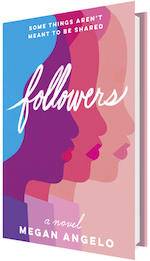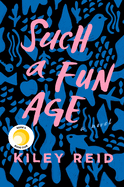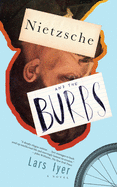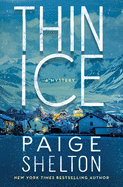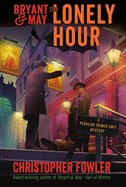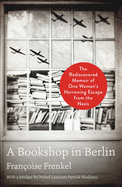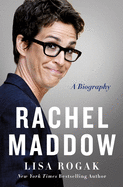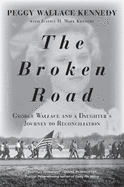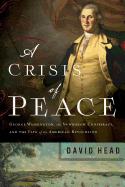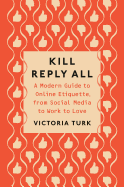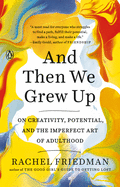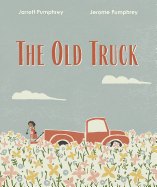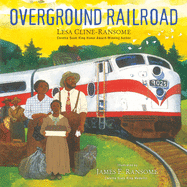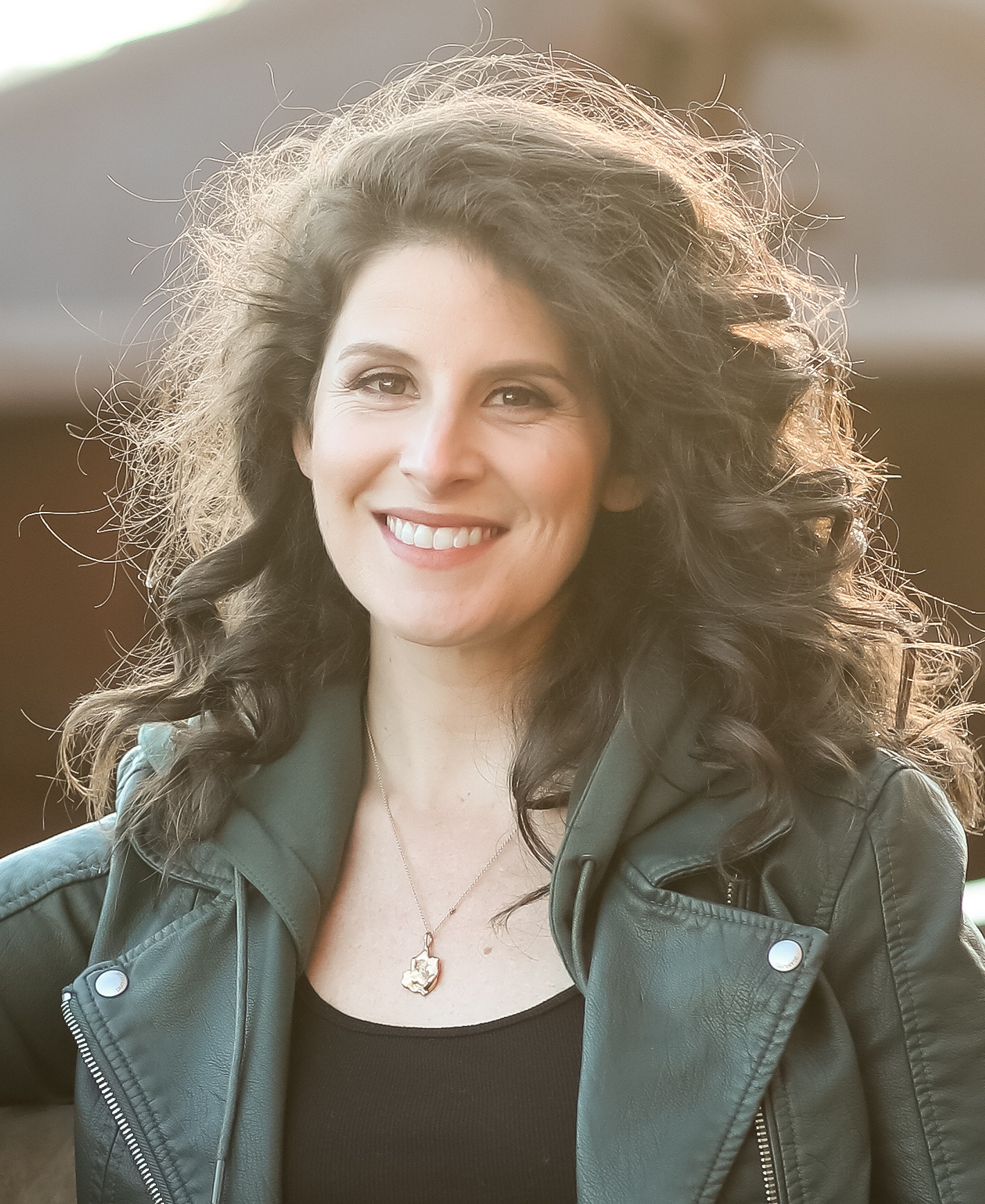 |
| (photo: Alison Conklin) |
Megan Angelo has written about television, film, women and pop culture, and motherhood for publications including the New York Times, Glamour, Elle, the Wall Street Journal, Marie Claire and Slate. She is a native of Quakertown, Pa., and a graduate of Villanova University. She lives in Pennsylvania with her family. Followers, just published by Graydon House, is her debut novel.
How did you develop the concept that became Followers?
Followers started in a small moment that ended up figuring into the book. I was writing in my journal, and in the vain way of a mom and a writer, I thought, "Someday my kids will read this! And my grandkids!" Then I realized that no, they probably won't, because I write in cursive. Where I am, kids don't learn cursive in public schools anymore.
Immediately I thought, "Wouldn't it be cool to write a story that hinges on someone not being able to read something crucial that's written in cursive?" Obviously, that story would have to be set in the future, and I had never thought before that moment about writing something set in the future. But I knew that whatever future I built had to be more grounded in things like the cursive revelation--the kind of thing your grandparents tell you about, not the kind of thing that's true sci-fi--and the book started coming together from there.
How did your journalism background inform your plot?
I blogged for years at a number of different places. The site Orla works at isn't based specifically on any of them. It's more of a click-driven horror show come to life. I had a lot of fun writing Ingrid, her boss, because she became a mouthpiece for the rules of blogging, which can be so demoralizing. Headlines always sound like a breathless, annoying person charging into a restaurant and collapsing at your table interrupting everyone with their drama. Traffic rules all. There's a snarky undertone, especially when it comes to celebrity stuff. I think that's starting to fade a little now. But I'm someone who made money in the past being snarky about stars, and sometimes it was fun, and other times I'd wonder, "What would this person think if they saw this? They're still a person."
Marlow's entire life is a live broadcast. What would be the worst life experience to have sent out to the entire world? Why do you think we're so fascinated by the lives of others when we cringe at the thought of exposing our own lives?
I'm going to say the first thing that came to my mind: I think the worst thing to have broadcast would be pulling your Spanx on.
I think that while traditionally people loved consuming gossip but valued their own privacy, we're starting to come into more of a balance between those two things. Instagram in particular has given us the opportunity to cast our own lives into the light that used to be reserved for celebrities. We can make our breakfasts and our parties and whatever look glamourous and heightened. And we're sharing more. Nobody reads those user agreements. When we hear the occasional report on how much of our data is being collected and distributed, we get spooked for a second and then go back to our normal lives.
I'm including myself here. I'd go so far as to say I've even taken advantage of some privacy-breach type stuff. I have Googled something I want to find. Let's say it's a pair of black boots. If the search results don't satisfy me, I put my phone down and think, "I bet the next time I pick up my phone, Instagram will put a bunch of black boots in my feed, and that's how I'll knock out this black-boot thing."
The thought-altering "device" introduced in the book is brilliantly creepy. What gave you the idea of such an intrusive piece of technology?
I've always hated holding my phone. I find it so clunky and inconvenient. I don't like typing, I don't like having my hand curled around something and my head bent over it. I don't like the way it looks to have it out on a restaurant table or during a conversation. I get annoyed when someone has their text alerts on deafening volume and they keep going off. I was coming from a crotchety place, thinking about how I'd make all of this more elegant and less intrusive. Once I'd solved all those problems, I thought, "Great! No more ugly phones!” Then I thought, “Yeah, but it's really creepy that the solution I just came up with means a phone that would see into your thoughts."
About six months after I sold the book, Elon Musk started talking about "Neuralink" computers that would work a lot like the devices in Followers do. You can always count on Elon Musk to back up your wildest ideas.
Your characters feel so realistic even though the story is largely about their environment.
Each of these women is wholly motivated by something they want for themselves. They're not trying to save the world, or do something for someone else, or even to win someone else over romantically. I love how pure and unapologetic they are in their ambition. Orla wants to be great, Floss wants to be known and Marlow wants to be free. For each woman, to some extent, the other two are standing in the way.
What will we see from you in the future?
I'm working on another book. It's about a trio of mothers who attend the same exercise studio and all have ties to a murder that happens in their town. In the aftermath of the murder, they're called upon to help avenge it, and in the process they discover that their barre studio is not quite what it seems to be. The book is about regular, largely invisible women getting wrapped up in something dangerous and extraordinary, and it's also about race and politics and guns and motherhood. And barre! It looks at the history of women in America during the last century through a speculative lens. --Jacki Fulwood
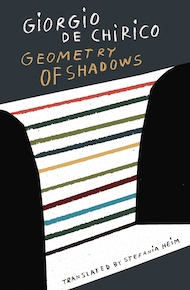 "The idea of the poet crops up again and again in de Chirico's paintings' titles," translator Stefania Heim observes in her introduction to the poetry collection Geometry of Shadows by Giorgio de Chirico (A Public Space Books), citing his works The Uncertainty of the Poet, Delights of the Poet and The Nostalgia of the Poet.
"The idea of the poet crops up again and again in de Chirico's paintings' titles," translator Stefania Heim observes in her introduction to the poetry collection Geometry of Shadows by Giorgio de Chirico (A Public Space Books), citing his works The Uncertainty of the Poet, Delights of the Poet and The Nostalgia of the Poet.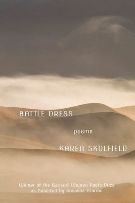 From the poem "Civil War Reenactment, Look Park, Massachusetts," in Battle Dress by U.S. Army veteran Karen Skolfield (Norton): "I tell them what I know of war,/ the battle charge to come. They want to know/ why you don't hold bayonets like knives/ ...and the children are not scared/ and when I say you know this is not/ what real war is like they say I know, I know."
From the poem "Civil War Reenactment, Look Park, Massachusetts," in Battle Dress by U.S. Army veteran Karen Skolfield (Norton): "I tell them what I know of war,/ the battle charge to come. They want to know/ why you don't hold bayonets like knives/ ...and the children are not scared/ and when I say you know this is not/ what real war is like they say I know, I know."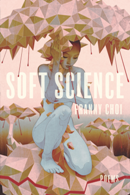 From "On the Night of the Election," in Franny Choi's Soft Science (Alice James Books): "I guess/ it's an old question:/ is there anything that works/ that isn't a machine for killing,/ or doomed to collapse, or stolen/ from the sweat of the hungry?"
From "On the Night of the Election," in Franny Choi's Soft Science (Alice James Books): "I guess/ it's an old question:/ is there anything that works/ that isn't a machine for killing,/ or doomed to collapse, or stolen/ from the sweat of the hungry?"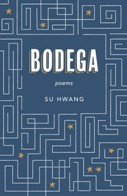 From "Corner Store Still | Life," in Bodega by Su Hwang (Milkweed Editions): "She, a generation without proof of birth--/ Not a single memento containing any/ Modicum of mirth. Holding her tongue/ With a fury untouched--a solitude so great,/ She remains mighty in anonymity."
From "Corner Store Still | Life," in Bodega by Su Hwang (Milkweed Editions): "She, a generation without proof of birth--/ Not a single memento containing any/ Modicum of mirth. Holding her tongue/ With a fury untouched--a solitude so great,/ She remains mighty in anonymity."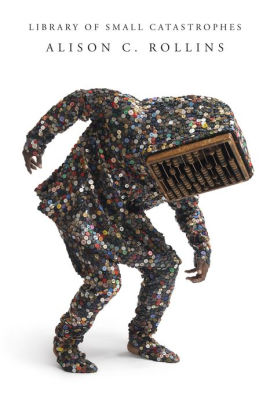 From "The Librarian," in Library of Small Catastrophes by Alison C. Rollins (Copper Canyon Press): "Today the librarian learned that only humans can pick/ up on sarcasm intuitively, that AI has yet to grasp/ these finer nuances. The librarian lives in the gray,/ she never mistakes what it looks like for what it is."
From "The Librarian," in Library of Small Catastrophes by Alison C. Rollins (Copper Canyon Press): "Today the librarian learned that only humans can pick/ up on sarcasm intuitively, that AI has yet to grasp/ these finer nuances. The librarian lives in the gray,/ she never mistakes what it looks like for what it is."


